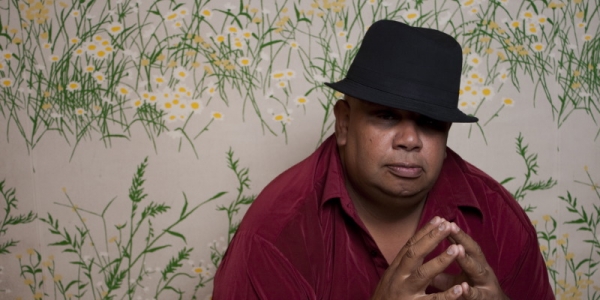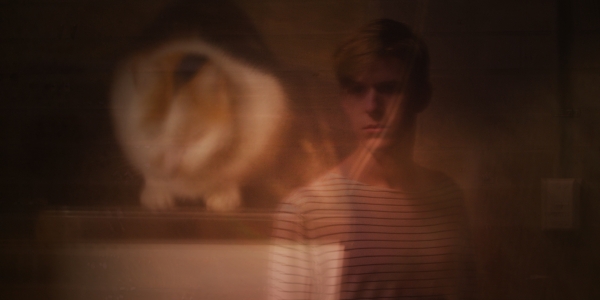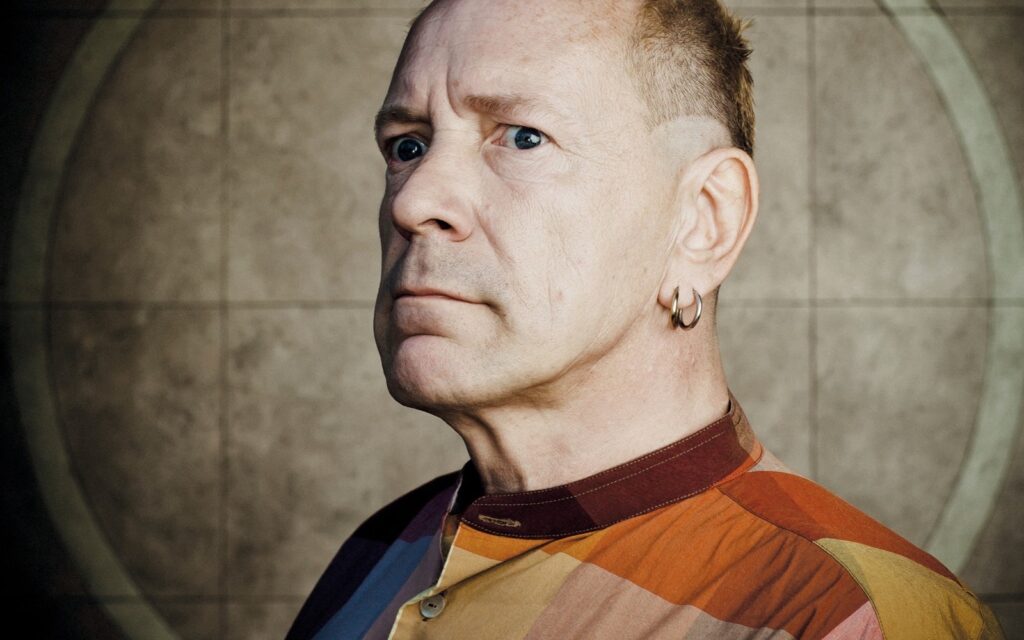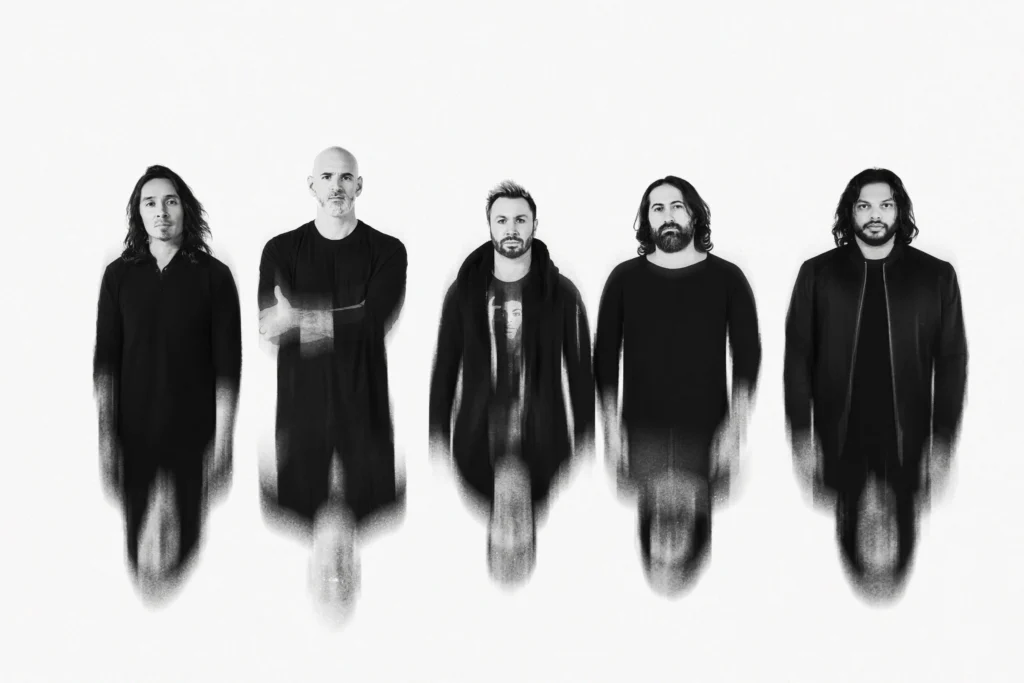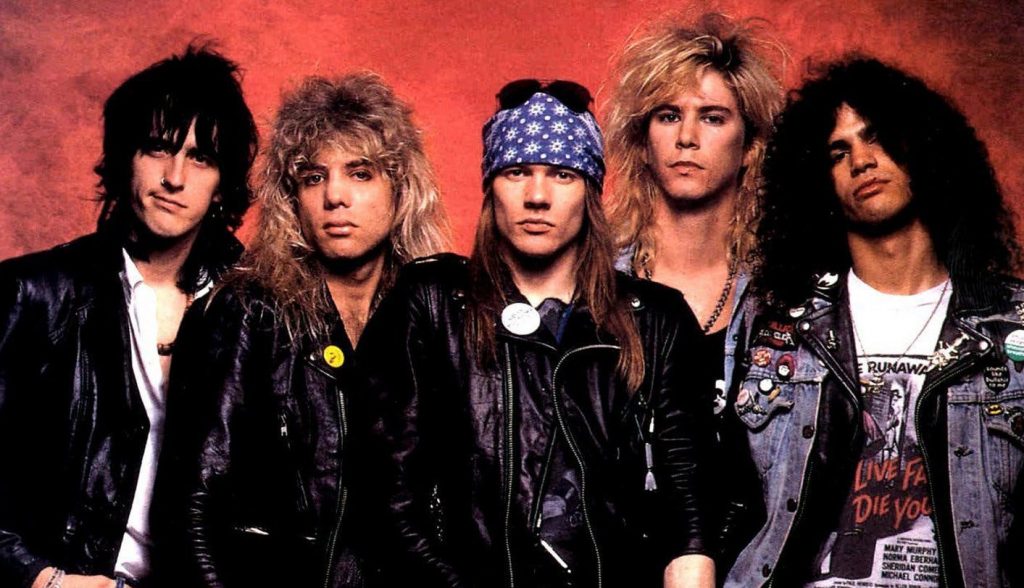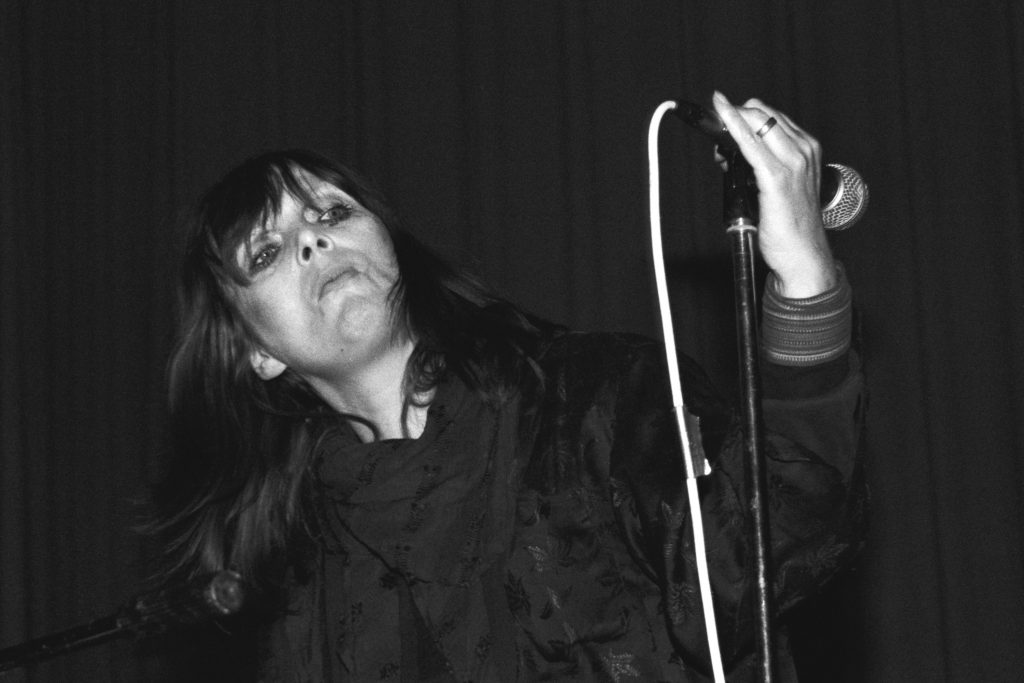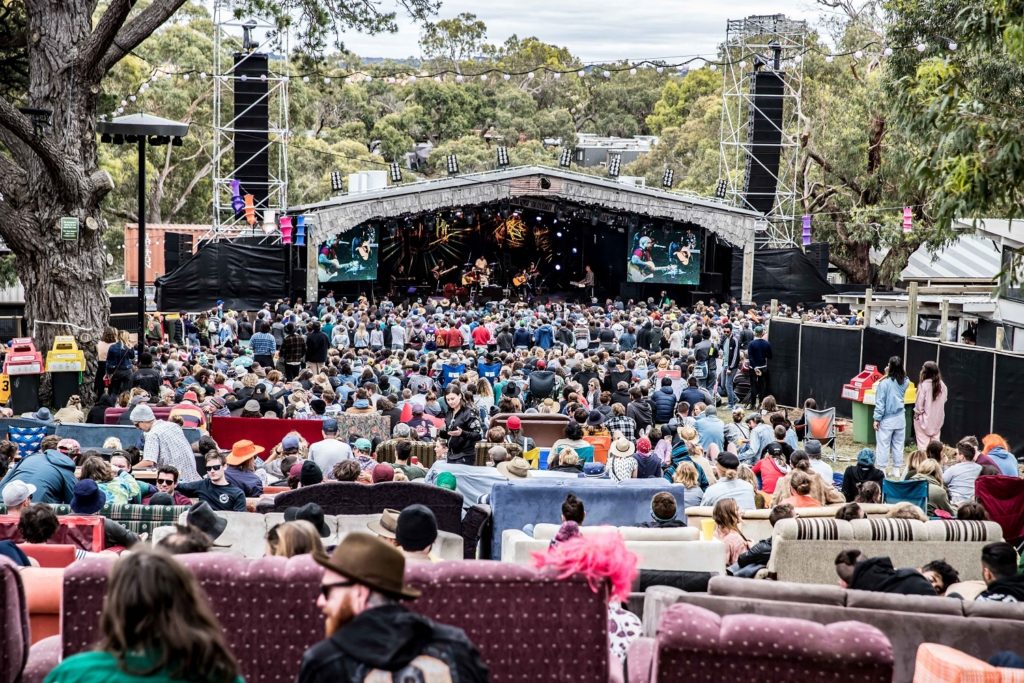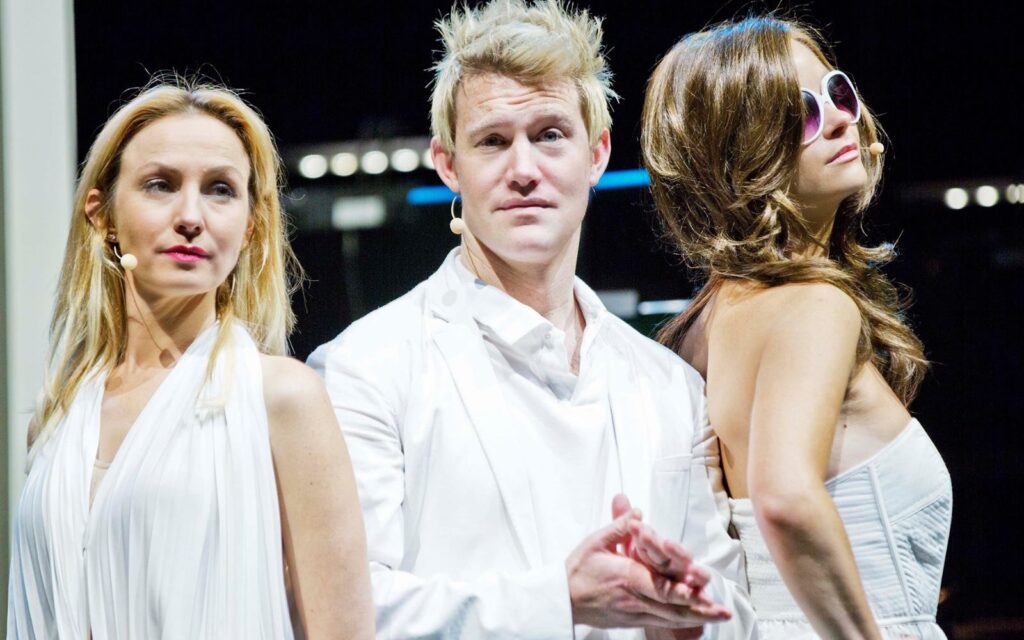Edwards has been prolifically combining activism and songwriting since 1991, when he joined Koori group Watbalimba and began the remarkable journey that has taken him from the tiny Riverina town of Balranald to tours of Australia and the world. It is his experiences as a member of the Stolen Generations and his proud Mutti Mutti heritage that has shaped his diverse creative output in groups like Blackfire and Black Arm Band. At the same time he’s been able to forge a successful solo career combining the blues with traditional songs of people and country as well, beginning in 2002 with his friends Paul Kelly and Paul Hester (Crowded House) assuming production duties on the album Cooinda. (It’s important to note that Edwards doesn’t distinguish between the names and characters that crop up in our conversation. Mention of artists like Kelly and Hester passes easily to Indigenous poet, healer and activist Bobby McLeod, with the Mutti Mutti man self-effacingly stating that, “I’ve met some beautiful people in these years, and all of them are much more than names in an industry. I think music, for all of us, is something that calms and immerses.”)
Edwards speaks in a quietly measured tone as we discuss his music and latest album Blak & Blu. Recorded at Craig Pilkington’s Audrey Studios (Gurrumul, Even) it features a host of Australian blues and roots talents including Dan Sultan, Rebecca Barnard and Jeff Lang. “This album has just given me a new energy,” he explains. “I think that sometimes this industry can take you to places you don’t want to go, so it’s nice to be able to come back to the basics of conceptualising music along songlines in the traditional way. It feels strange to be saying this on a mobile phone in Northcote – but I’m constantly trying to understand this old connection to language and what it is I actually am, as a Mutti Mutti man and a storyteller.
“I’m really no different to that old uncle or auntie that sits down in Papunya (Northern Territory) and paints their country,” he continues. “I’m doing the same thing – I am singing of country, but I’m doing it in a language that most people can understand. Of course, it’s also important for me to sing in my own language sometimes… I remember going to see Gurrumul at the Dreaming Festival up at Woodford a few years back, and as I was standing up the back of the tent watching him and his family doing the actions of the songs and singing in their language I realised I was crying. I wasn’t actually crying externally, but I was yearning to do the same thing with my music. A little while after that I was playing a show here in Melbourne with Black Arm Band and the Melbourne Symphony Orchestra and a niece of mine came up to me afterwards to ask: ‘Uncle Kutcha, all these other people tonight have been singing in their language, but where’s our language?’ So as you see,” he sighs, and then laughs, “I’m not just writing for myself! I have that desire to keep connecting with my own language and country, and it keeps sending me further on the journey.”
BY BENJAMIN COOPER
